Bank Indonesia (BI) surprised investors with a 25 basis point policy rate hike. BI has resumed tightening to stabilise the rupiah, which had fallen to its weakest level since October 2015, ING reported.
The Indonesian rupiah (IDR) traded as weak as IDR14680 earlier this week from Friday’s IDR14400.
The weakness came amid a worsening in the current account deficit, which was announced last Friday to have widened to -$8 billion or to -3% of GDP in 2Q from -$5.5 billion or -2.2% of GDP in 1Q, and from -$4.8 billion or -1.9% of GDP in 2Q 2017.
Also Read: Saudi Arabia Wins Bid to Host World Expo 2030
The currency was also hit by expectations of a steady policy rate decision at today’s meeting as well as the contagion effect of the slide in the Turkish Lira (TRY).
Today’s July trade deficit of $2 billion, the highest in five years, indicated that the current account in 3Q could widen further as imports accelerated to satisfy strong domestic demand.
All of this argued for BI’s resumption of its tightening cycle and today’s surprise 25 basis point rate hike after a pause in July.
This brings BI’s tightening to 125 basis points so far this year. We believe that BI could continue with its tightening cycle until some stability is achieved.
Also Read: 148 Products from Indonesia Promoted at Sarawat Superstore Jeddah
Higher interest rates will eventually moderate domestic demand and imports. Import substitution efforts by the government such as using a higher palm oil–diesel blend and redirecting oil exports to the local market, and keeping the fiscal deficit at around -2% of GDP may help moderate growth and stabilise the IDR.
This combination of monetary tightening and government measures could eventually address a couple of the drivers of IDR weakness – the weak external payments condition and strong domestic demand.
But these measures will take time to work through the economy, which brings the burden of short-term stabilisation onto the central bank. (T/ RS5 / RS1)
Mi’raj Islamic News Agency (MINA) GDP,
Also Read: Packaging Industry Supports Halal Ecosystem





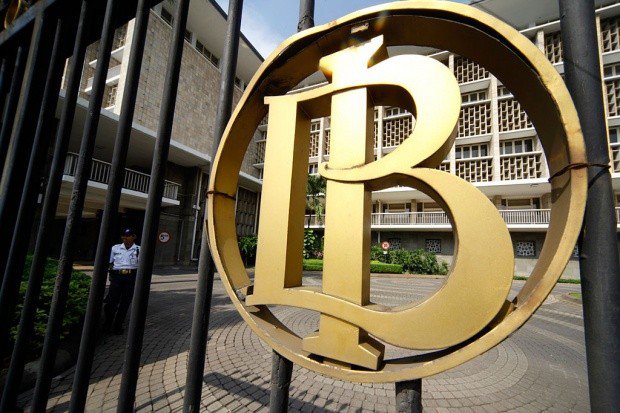





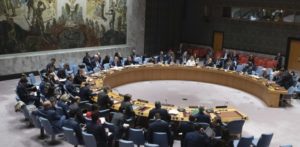

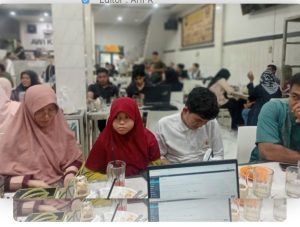



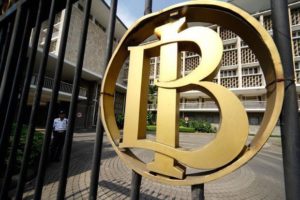

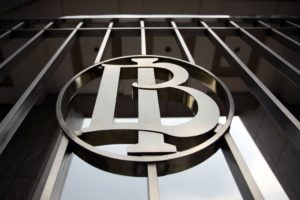
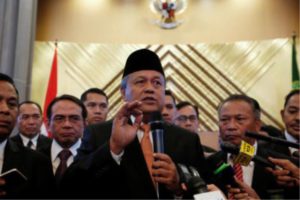







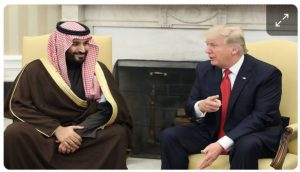





 Mina Indonesia
Mina Indonesia Mina Arabic
Mina Arabic